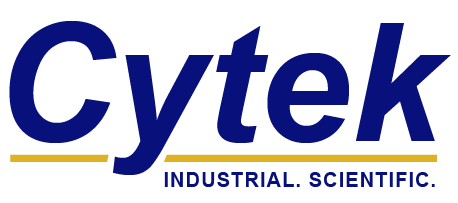
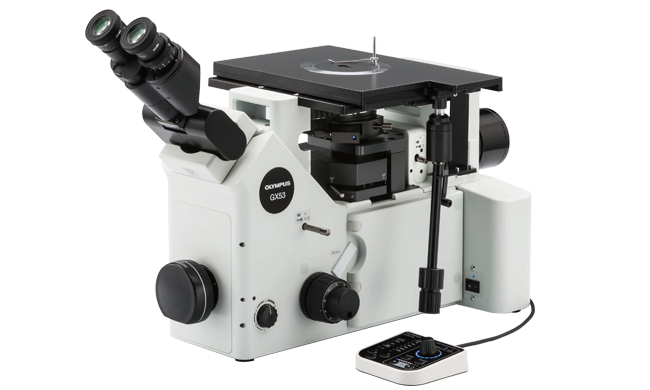
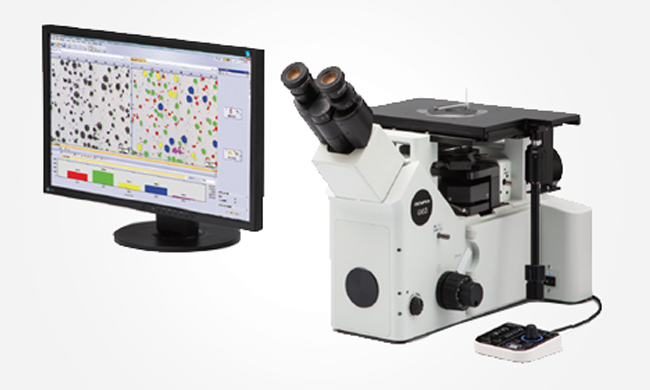




Quickly observe, measure, and analyze metallurgical structures.
Advanced Analysis Tools
1. Combined observation methods produce exceptional images
2. Easily create panoramic images
3. Create all-in-focus images
4. Capture both bright and dark areas
1. Software designed for materials science
2. Metallurgical analysis that complies with industrial standards
Even novice operators can comfortably make observations, analyze results, and create reports.
1. Easily restore microscope settings
2. User guidance helps simplify advanced analysis
3. Efficient report generation
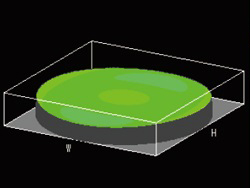
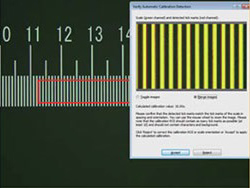
Our proven optics and imaging technology deliver clear images and reliable results.
1. Reliable optical performance: wavefront aberration control
2. Clear images: image shading correction
3. Consistent color temperature: high-intensity white LED illumination
4. Precise measurements: auto calibration
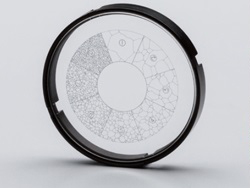
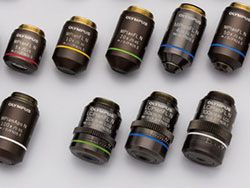
Choose the components you need for your application.
Build your system your way: fully customizable system with a variety of optional components
| Optical system | UIS2 | |
|---|---|---|
| Microscope Frame | Reflected light illumination | Manual brightfield/darkfield selection by mirror unit Manual field stop/aperture stop switch with centering Light source: White LED (with Light Intensity Manager) /12 V, 100 W halogen lamp/100 W mercury lamp/light guide source Observation mode: brightfield, darkfield, differential interface contrast (DIC)*1 , simple polarizing*1 , MIX observation (4 directional darkfield)*2 *1 Slider for exclusive use of this observation is required. *2 MIX observation configuration is required |
| Transmitted light illumination (optional) |
Stand for transmitted light (IX2-ILL100: with field stop) is required PMG3-LWCD: Condenser (NA 0.6, WD 12 mm) with aperture stop Light source: White LED (with Light Intensity Manager) 12 V, 100 W halogen lamp Observation modes: brightfield, simple polarizing |
|
| Imprinting of scale | All ports reversed positions (up/down) from observation positions seen through the eyepiece | |
| Output front port (optional) | Camera and DP system (reversed image, special camera adapter for GX) | |
| Output side port (optional) | Camera, DP system (upright image) | |
| Electrical system | Reflected light illumination Built-in LED power supply for reflected light illumination Continuously-variable light intensity dial Input rating 5 V DC, 2.5 A (AC adapter 100–240 V, AC 0.4 A, 50 Hz/60 Hz) Transmitted light illumination (requires the optional BX3M-PSLED power supply) Continuously-variable light intensity dial by voltage Input rating 5 V DC, 2.5 A (AC adapter 100–240 V, AC 0.4 A, 50 Hz/60 Hz) External interface (requires the optional BX3M-CBFM control box) Coded nosepiece connector × 1 MIX Slider (U-MIXR) connector × 1 Handset (BX3M-HS) connector × 1 Handset (U-HSEXP) connector × 1 RS-232C connector × 1, USB 2.0 connector × 1 |
|
| Focus | Rack and pinion with roller guide Manual, coarse and fine coaxial handle; focus stroke 9 mm (2 mm above and 7 mm below the stage surface) Fine handle stroke per rotation: 100 ?m (min. scale: 1 ?m) Coarse handle stroke per rotation: 7 mm With torque adjustment ring for coarse focusing With upper limit stopper for coarse focusing |
|
| Tubes | Widefield (FN 22) | Inverted: binocular (U-BI90, U-BI90CT), trinocular (U-TR30H-2), tilting binocular (U-TBI90) |
| Nosepiece | Brightfield Holes: 4 to 7 pcs, Type: Manual/Coded, Centering: Enabled/Disabled Brighfield/darkfield Hole: 5 to 6 pcs, Type: Manual/Coded, Centering: Enabled/Disabled |
|
| Stage | Right handle stage for GX (X/Y stroke: 50 × 50 mm, max. load 5 kg) Flexible right handle stage, left short handle stage (each X/Y stroke: 50 × 50 mm, max. load 1 kg) Gliding stage (max. load 1 kg) A set of teardrop and long hole types |
|
| Weight | Approx. 25 kg (microscope frame 20 kg) | |
| Environment | ?Indoor use ?Ambient temperature: 5 to 40 °C (45 to 100 °F) ?Maximum relative humidity: 80% for temperatures up to 31 °C (88 °F) (without condensation) In case of over 31 °C (88 °F), the relative humidity is decreased linearly through 70% at 34 °C (93 °F), 60% at 37 °C (99 °F), and to 50% at 40 °C (104 °F). ?Pollution degree: 2 (in accordance with IEC60664-1) ?Installation/Overvoltage category: II (in accordance with IEC60664-1) ?Supply voltage fluctuation: ±10 % |
|
If you have question you can reach us. Just fill up the form below.